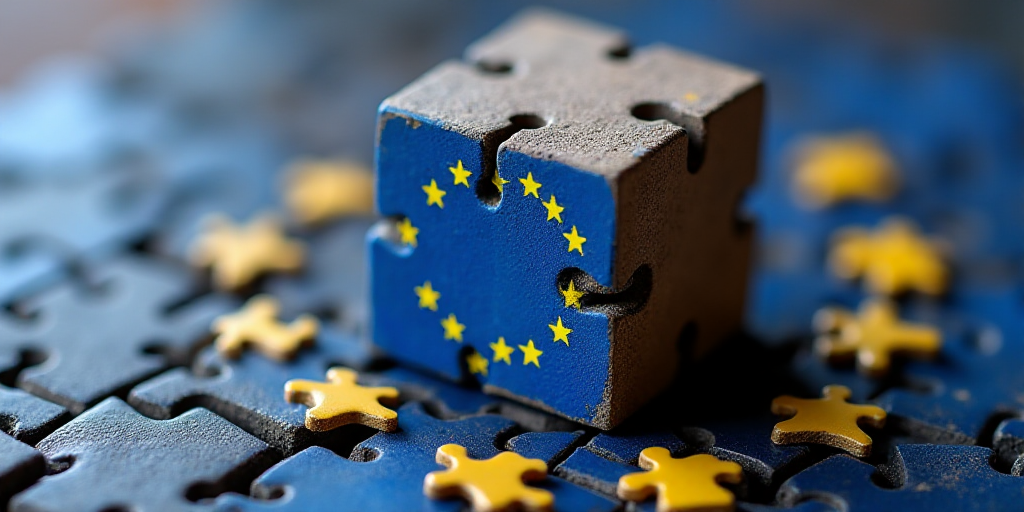Background and Relevance of the Story
The European Union (EU) has imposed an 18th package of sanctions against Russia for its war in Ukraine, targeting the country’s oil and energy industries. This development has led to a 1% increase in oil futures and gasoil reaching its highest level in 17 months. The sanctions aim to further weaken Russia’s oil and energy sectors by reducing the G7 price limit for crude oil purchases to $47.6 per barrel.
Key Points of the Sanctions
- Price Limit Reduction: The EU has lowered the G7 price limit for crude oil purchases to $47.6 per barrel, intensifying pressure on Russia’s oil industry.
- Import Ban on Russian Petroleum Products: The EU will no longer import any petroleum products made from Russian crude, except those coming from Norway, the UK, the US, Canada, and Switzerland.
- Designation of Rosneft Refinery: The EU has designated the largest Rosneft oil refinery in India as part of these measures, according to Kaja Kallas, the EU’s chief of foreign policy.
Impact on Oil Futures and Gasoil Prices
The rise in oil futures and gasoil prices can be attributed to the EU’s ban on importing petroleum products derived from Russian crude, as well as low inventories in northwestern Europe, according to UBS analyst Giovanni Staunovo.
Key Questions and Answers
- What are the new EU sanctions against Russia? The EU has imposed an 18th package of sanctions, targeting Russia’s oil and energy industries. These measures include reducing the G7 price limit for crude oil purchases to $47.6 per barrel and banning the import of petroleum products made from Russian crude, with exceptions for Norway, the UK, the US, Canada, and Switzerland.
- How do these sanctions affect oil and gasoil prices? The new sanctions have led to a 1% increase in oil futures and gasoil reaching its highest level in 17 months. This rise is attributed to the EU’s ban on Russian petroleum products and low inventories in northwestern Europe.
- Which specific measures were taken against Russia’s oil industry? The EU designated the largest Rosneft oil refinery in India and reduced the G7 price limit for crude oil purchases to $47.6 per barrel.






